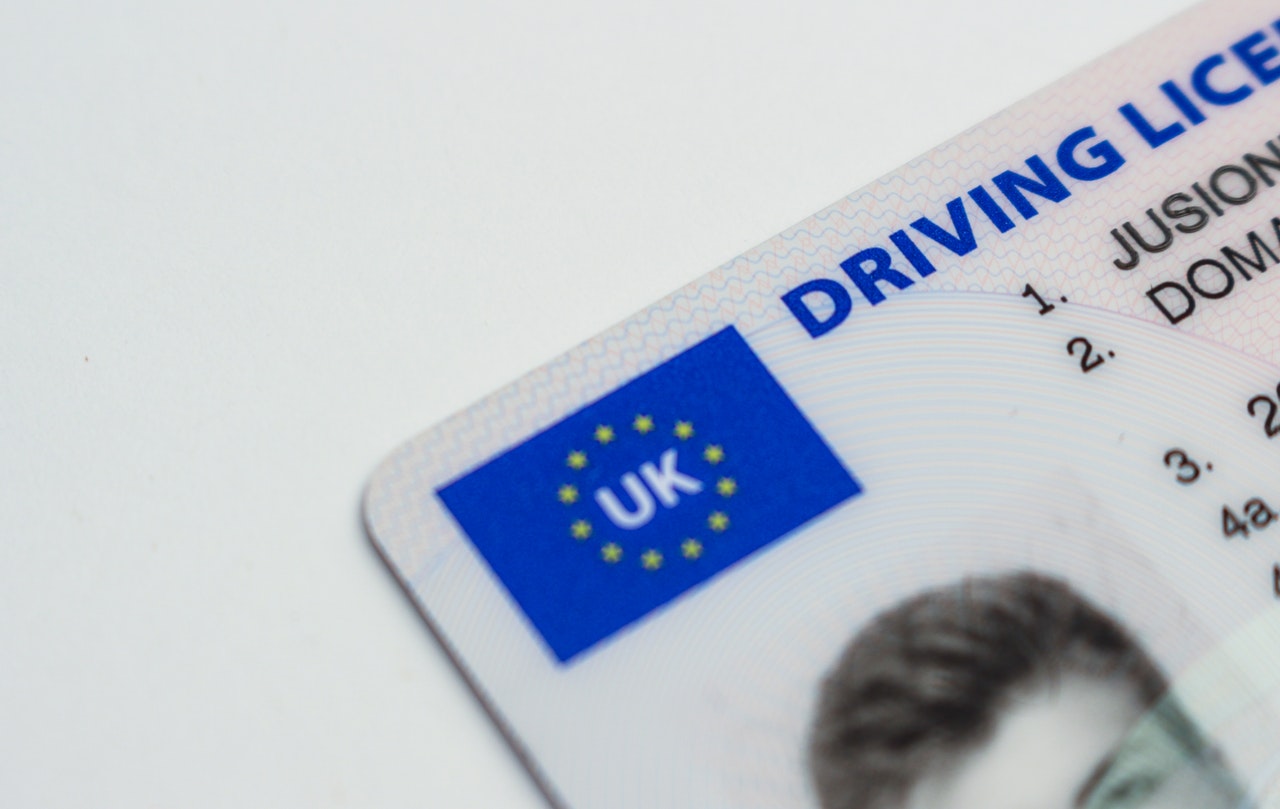For impact investors and philanthropists alike measuring the intangible impact of their work has always been a challenge—and in countries lacking effective financial or governance institutions the problems are compounded. All the social theory and all the sophistication of western financial markets comes to naught if funds are lost to mismanagement or corruption.
As the adage goes, what you can’t measure you can’t manage, and for impact investors managing impact is as important as managing the funds themselves.
But… what if you could follow the path of your units of capital as they moved through the investment supply chain? What if you could tag your funds such that they could only be used for a specific purpose? And what if you received a real-time notification when beneficiaries accessed goods and services?
It’s all possible when a ‘blockchain’ is used to distribute, measure and manage resources.
Blockchain
You’ll likely recognise the name ‘blockchain’ because it is the technology underpinning that most divisive of subjects, Bitcoin.
A blockchain is a decentralised ledger system. t’s a complex cryoptography process that enables trust between users transacting digital assets without the need for a middleman. Bitcoin relies on the blockchain to record the ownership of all the coins in the system, but blockchains can be used for far more than that, think: voting systems, auditing, supply chain management as well as a range of capital management uses ideal for impact investors.
For more background on Bitcoin and the blockchain, this is a good explainer.
For impact investors a core utility lies in a concept called ‘Proof of impact’. Ixo Foundation is building solutions that offer investors verified oversight of activities such as trees planted or children attending school. This valuable impact information is entered into the system where it becomes a ‘token’ that can be tallied on a universally verified database.
“By tokenizing information related to impact we can create new kinds of information assets,” says Ixo’s cofounder Shaun Conway in a recent interview with Fast Company. “Funders can fund an end-organization [that delivers a service] but fundamentally what they are buying is proof of the impact: a new digital asset that creates an opportunity for a new economy.”
A system that doesn’t rely on a middleman, and which has its own information network, could be a game-changer for investors challenged by operating in countries that lack modern financial and governence institutions.
A school in Papua New Guinea, for example, could upload the details of attendance which then becomes an impact token on the global database. Investors from all over the world can choose to fund this token and their impact reporting suddenly becomes a whole lot easier.
According to Ixo, the system does require an audit or verification process once the impact service is carried out. This is a major bottleneck, and it has the potential to cancel out a lot of the efficiencies gained though using the blockchain. The tangible nature of the work makes this verification factor necessary, but it doesn’t completely obviate the benefits of the system.
Sovereign identity
A key element is the self-sovereign identity protocol that gives impact beneficiaries a form of ID that can then be verified when, for example, a child attends school. This not only helps reduce fraudulent funding claims, but it also offers individuals a form of ID that otherwise might not be available. Whether this is due to their country lacking governance institutions, or because they’re fleeing their home country due to war or persecution—being able to prove ones identity is vital for financial inclusion.
Sovrin has built its own self-sovereign identity protocol (a software system) that doesn’t rely on a centralised database. Unlike a passport or a government issued ID card, the Sovrin system operates on the Ixo platform and the information is all owned by the individual. The individual sets it up and they choose who to send it to. The Sovrin Foundation explains on its website, “We don’t actually own the network – no one does, much like the Internet itself. The Sovrin network is public: everyone can get a Sovrin identity. Individuals and organizations own and control their identities.”
There’s also the World Identity Network who are working towards building secure online vaults. They’re using a blockchain to ensure the keys to the information are held only by the owner, and that they’re able to release as much or as little information as they like, to anyone in the world.
Only time will tell if this system can deliver on its promises, I haven’t vetted the organisations in any detail, but this kind of system would offer a valuable missing link. It will not only help impact investors to distribute funds to those to which it’s intended, but it also offers individuals an opportunity to take control of their economic existence, putting them on the path to owning land or starting a business.
Aussie impact pilot
Australian startup Socialsuite has some runs on the board with its impact measurement platform. It enables firms to measure and report social and environmental impact and it has announced a move into smart contracts powered by the blockchain.
The company has announced a partnership with IXO Foundation that will involve a local pilot program to test how their data collection system can operate with smart contracts. The hope is that investors will be able to better verify and manage the path of their capital, while also empowering social enterprises to monitor and report their good work.
Their platform received a further injection of support (and cash) when they won the Salesforce pitch competition. They beat-out fintechs and consumer apps, and in the process they highlighted both the demand and the utility of having a centralised dashboard for measuring impact.
It offers aid organisations a uniform method of measurement, which in-turn it makes an investor/donor’s job easier when they go to analyse the organisation. Plus the $100,00 prize should help cash flow too.
Aid delivered with Ethereum
A similar theory was put to the test in Jordan where UN agencies sent ethereum tokens to food outlets, rather than money. The food vendors then used retina scanners to verify an individual’s allocation of food as they went through the checkout. The system made it easy for donors to send the vendors money for the food, and it was just as simple to allocate tokens to the individuals in need.
Beyond impact verification and sovereign-IDs, the broader aid sector is waking up to the utility of a blockchain. The United Nations has appointed a ‘special advisor for UN engagement and blockchain technology’ Yoshiyuki Yamamoto, at the UN’s Office for Project Services (UNOPS). He had an early appreciation for how a blockchain system could break down the walls between competing UN offices that are infamous for a lack of communication. The UN’s global governance role is a perfect launching pad for a technology designed to operate across borders—and any tools that break-down the UN’s many layers of bureaucracy are a good thing.
Decentralisation
The core ideals of the blockchain revolve around decentralisation. A model where individuals control their own information beyond the reach of governments or profit driven corporations. While Bitcoin remains mired in a red-hot debate about its future utility, and about those using it for nefarious purposes, the technology at its foundations offer considerable promise in solving all sorts of challenges. It’s boosting transparency in transactions, it’s cutting through corruption by delivering tokens directly to intended recipients and for the first time it’s offering a form of identity to those who are disenfranchised or stateless.







